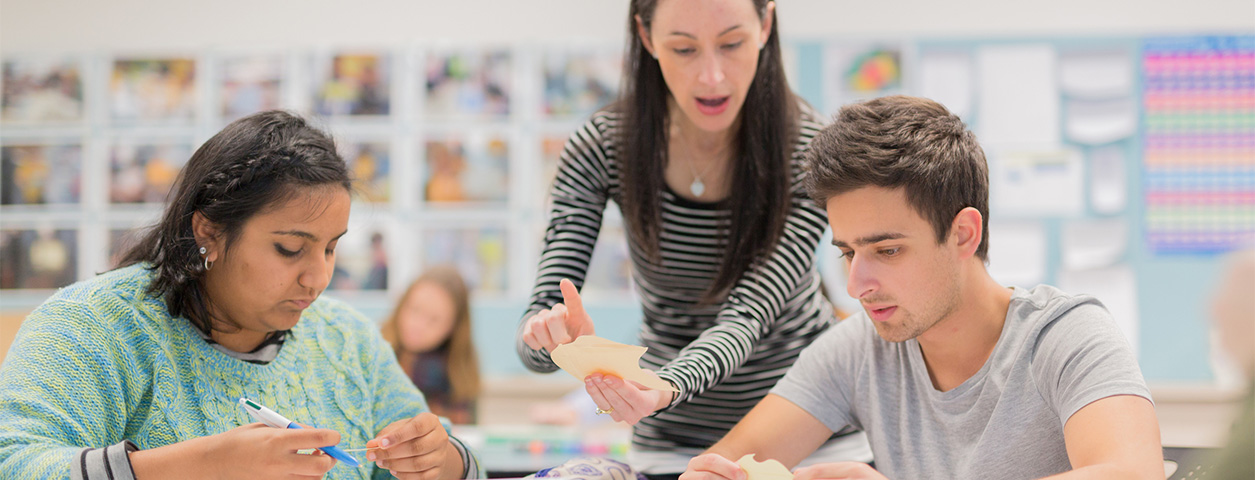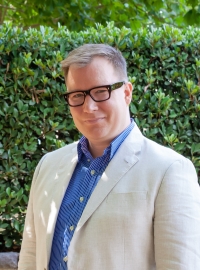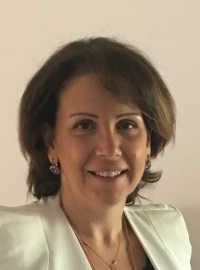Bachelor of Education (Primary and Special Education)
Course information for - 2026 entry
- Domestic
- Domestic
Offered at 0 locations
- Duration
Overview
Prepare to be a primary teacher who is a specialist in special education, so you can nurture the development of those with a disability or learning and behavioural difficulties. By studying this course, you will also gain the practical skills to manage social, cultural and developmental diversity within the classroom.
Achieve your goals with a scholarship.
A generous Commonwealth Teaching Scholarship is available to support new undergraduate and postgraduate students enrolling in an initial teacher education (ITE) program to help meet the costs of their study. Learn more about eligibility and how to apply here.
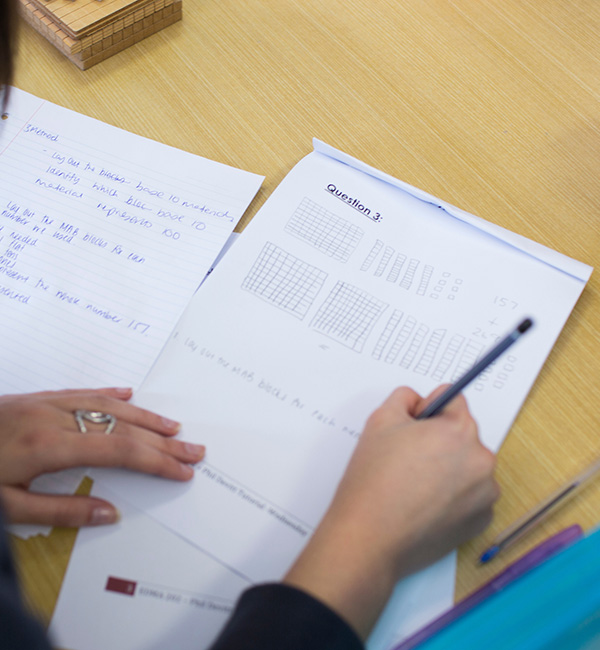
Professional experience
Students will undertake 110 days (with minimum 30 days in a special education setting) of embedded professional experience.
Year 2: 15 days, 15 days. Year 3: 15 days, 30 days. Year 4: 35 days.
Work placement
All initial teacher education programs must include a defined period of professional experience, where pre-service teachers practise teaching in a school under the direct supervision and guidance of an appropriately qualified teacher.
The current requirements are for a minimum of 110 days of professional experience that occurs in structured supervised settings. Supervised professional experience is at the heart of all our pre-service teacher education courses and the faculty will find appropriate placements to suit the needs of your course.
Professional recognition
Graduates are eligible for registration as primary or special education teachers in government, independent, Catholic, and other faith-based schools. This program has been listed on the Australian Institute for Teaching and School Leadership (AITSL) accredited programs list and meets the teacher education component of the qualification requirement for registration (accreditation) as a primary or special education teacher in all states and territories.
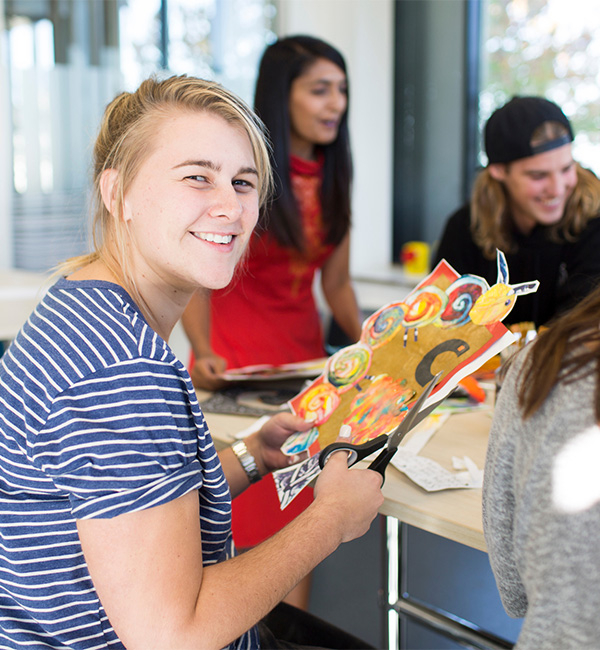
Careers
Our graduates have pursued careers in:
- primary school education
- special needs primary school education
- community centre education
- private colleges
- inclusive education settings
- advocacy
- policy development.
Course details
Course structure
To complete the Bachelor of Education (Primary and Special Education), a student must complete 320 credit points (cp).
Course map
Graduate statement
AQF framework
Exit Points
A student who has successfully completed the requirements of a course listed below may exit from the course with that qualification. Note that none of these qualifications qualify a student to teach in Australia.
- Non-Award Certificate in Educational Studies
- Diploma in Educational Studies (Tertiary Preparation)
- Bachelor of Educational Studies
- Diploma in Liberal Arts
- Certificate in Liberal Arts
A student who does not meet the LANTITE requirements may access an appropriate exit point if they meet the requirements of that award.
Staff Profile
Dr John Saunders
Lecturer, School of Education QLD - Brisbane
Dr John Nicholas Saunders, BCI (Drama), BEd (Secondary), MEd (Research), PhD, is a Lecturer in Education at the National School of Education at Australian Catholic University (Brisbane Campus). He has extensive experience in Drama, Arts, Pedagogy, and Literacy Education, and has taught across primary, secondary, tertiary, and juvenile justice contexts. In schools, John has served as a teacher, Head of Department, and Assistant Dean of Learning. He also spent several years at the Sydney Theatre Company as the Director of Education and Community Partnerships, where he was responsible for a range of learning programs.
John’s research focuses on the impact of drama combined with quality literature on teacher professional learning, as well as on learners’ academic and non-academic outcomes. He is the President of the Australian Alliance of Associations in Education (AAAE), Chair of National Advocates for Arts Education (NAAE), a Board Director of Drama Australia, and an Honorary Associate of the University of Sydney.
Dr Sarah Taouk
Lecturer, School of Education NSW/ACT - Strathfield
Dr Sarah Taouk is a lecturer and researcher in the School of Education at the Australian Catholic University. Specialising in science and STEM education. Sarah's research experience begins in medical research where she spent over 10 years researching Respiratory Disorders such as Asthma and Lymphangiolyomyomatosis (LAM). Moving into education as a tertiary science educator, her research focus includes looking at Asynchronous online learning and addressing teacher confidence when teaching science. Current project collaborations include: investigating engagement and connectedness of students in online Asynchronous platforms in ITE, and research in changing the way ITE students feel about teaching science.

